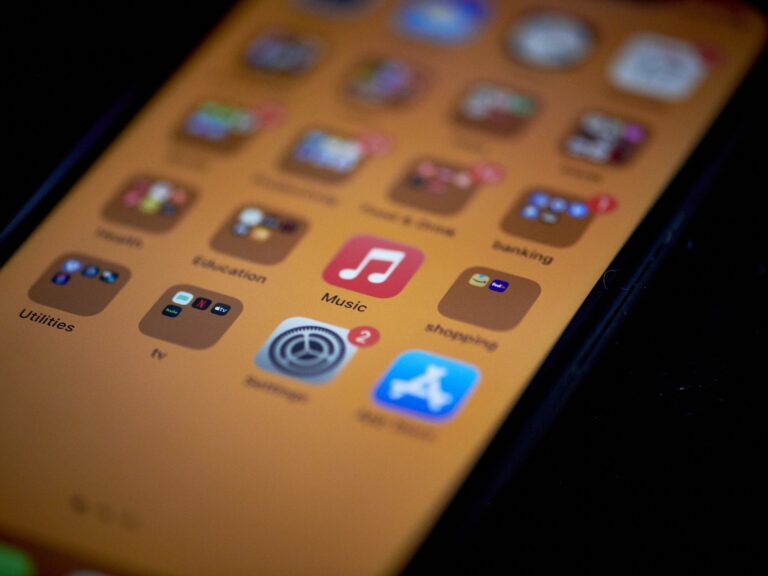
The United States government announced this Sunday that it will donate medicines and diagnostic tests to HIV-AIDS patients in Bolivia. This will cover this need for the coming months as part of the restoration of relations between the two countries for the first time in 17 years.
“We are announcing the donation of medical supplies (and) diagnostics.” $700,000 worth of HIV treatment costs“This terrible disease has problems getting access to these medications and diagnoses,” said the North American Under Secretary of State. Christopher Landau.
Prime Minister Landau visits Bolivia on the occasion of the recent inauguration of the new president rodrigo passand the president’s representative, and reported on the donation. Fernando Aramayoin a facility of the Bolivian Ministry of Foreign Affairs.
The Under-Secretary of State explained that the delivery of medical supplies is being carried out for these reasons. “It wasn’t available in Bolivia.”They will therefore serve to cover the needs of people suffering from the virus “for the next four to five months.”
Bolivia has been facing a dollar shortage since the beginning of 2023 that has caused currency issuance restrictions within the financial system, which has also affected the rise in import costs of some products, including medicines.

The US Embassy in Bolivia said in a statement: These medicines will address the needs of 18,000 people and consist of antiretroviral medication administration, viral load testing, and early detection testing for newborns.
Similarly, Landau said this gesture of cooperation between the United States and Bolivia is a “concrete” way to “show off our friendship” and is “a new phase in relations between the two countries, which have been estranged for ideological reasons.”
“There was a sense of distance that hurt us, but it is a great joy to be able to re-establish traditional bonds of friendship,” he said.
“After 17 years, we have re-established our twin relationship with a country that has always proven itself able to rise to the challenges faced by Bolivia,” Aramayo said.
He also argued that Bolivia is at a time when “alliances and cooperation” are needed, primarily for the benefit of HIV patients who have difficulty accessing medicines.
A day earlier, Landau and Paz announced the restoration of ambassador-level relations between the United States and Bolivia for the first time in 17 years, after the then-president-elect became closer to President Donald Trump’s administration.
Paz expressed his thoughts many times Willing to restore relations with the US.has remained at the level of chargé d’affaires since 2008, when then-President Evo Morales expelled U.S. Ambassador Philip Goldberg from Bolivia.

President Evo Morales (2006-2019) also accused U.S. partners and drug enforcement agencies of plotting against the government, a charge the White House denied.
Morales and former President Luis Arce (2020-2025), both leftists, have expressed concern in recent weeks about the potential return of the Drug Enforcement Agency (DEA) to Bolivia.
Paz claimed on Saturday: “Bolivia will bring together not just the United States, but all the institutions that border Bolivia that want to work together on a global level to make Bolivia a safer country where illegal activities are not part of everyday life.”
(Information from EFE)



